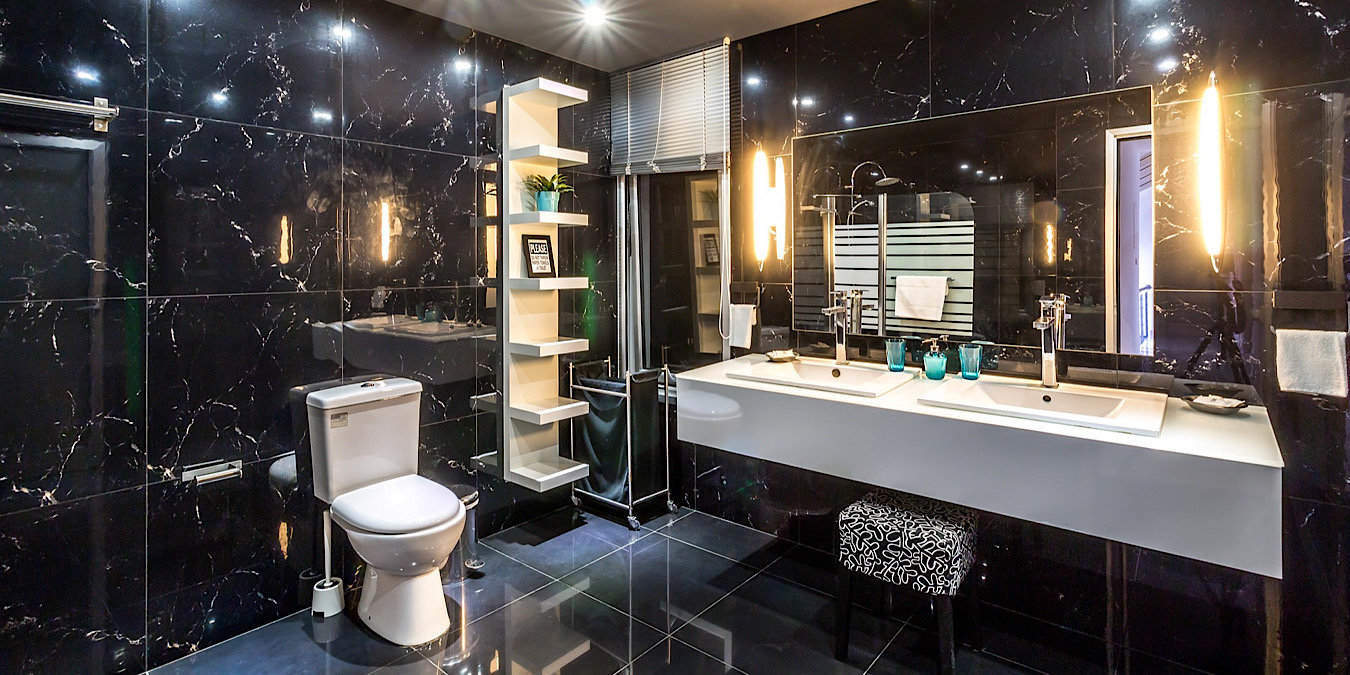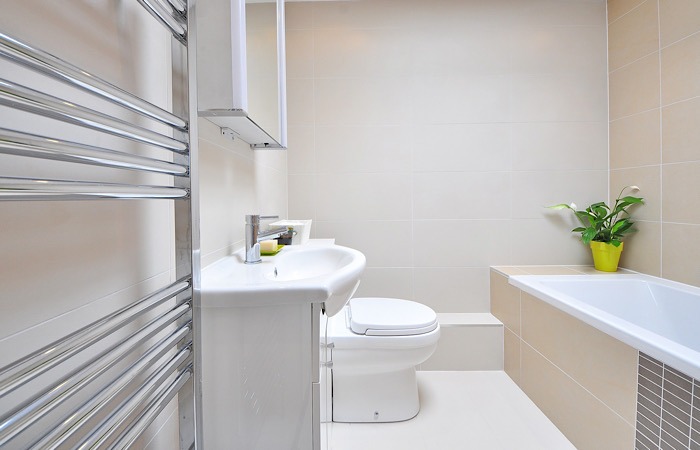
It seems we have two trends with the Internet of things right now: smart home and wearables. With smart home devices, it seems like sometimes they’re just slapping Alexa on everything we use and calling it smart home. There aren’t any known inclusions of Alexa for the experimental smart toilet, but nonetheless, it leads to the question of whether this is really something that is needed.
Experimental Smart Toilet
Truthfully, this was something I was thinking about the other day. Wearables can measure so many things with regard to health, and we are using them to measure the food we take in and our weight, so why are we not using them to measure output as well? But I couldn’t figure out a way for a wearable to get that data.
I never even considered putting some type of a sensor inside a toilet to make it smart. But this technology is serving a bigger purpose than just measuring what’s going in and out — there’s hope for it to be used to check for illnesses, something very much on everyone’s mind in this era of coronavirus.
Research was published in Nature Biomedical Engineering discussing the possibility of a toilet system that is capable of monitoring health by examining output. This makes sense to all of us who have gone to the doctor and been asked for a stool or urine sample.
This modular system can be fitted right onto standard toilets. As a person uses the commode, it gets to work scanning the waste and uploading the data to the cloud.
“The thing about a smart toilet … is that unlike wearables, you can’t take it off,” said Sanjiv Gambhir of Stanford University, the senior author of the paper. “Everyone uses the bathroom — there’s really no avoiding it — and that enhances its value as a disease-detecting device.”

But it goes even further than just detecting disease. The smart toilet system can detect the user as well. The flushing handle has a fingerprint sensor on it, and that makes complete sense. But it also has a camera inside the bowl that identifies people who are sitting on it via a part of your body that not too many people see.
“We know it seems weird, but as it turns out, your anal print is unique,” admitted Gambhlr.
Do We Need Smart Toilets?
It’s all very interesting, but are smart toilet systems needed? There are many medical uses, and if examining your output every day, the system could alert you or a doctor that there’s a potential problem. It relieves us of the duty of having to collect the sample ourselves to share with the lab or doctor.
But then think of the security issues that it could present. We have current fears of having our personal and financial data stolen. Would you want to worry that someone is going to steal the data that identifies you in that way?
The bottom line is that it’s great that it could detect disease, but would you really want this in your bathroom for that one time you happen to have a disease? It could be of use at a hospital or a doctor’s office to collect those specimens, but it wouldn’t know you so wouldn’t be able to identify you by the flushing handle or the camera inside the bowl. At this point it seems fascinating that technology can do this, but a smart toilet just doesn’t seem useful.
Read on to learn about a smart bathroom mat that can monitor weight, fat mass, posture, and more.







